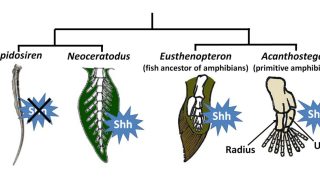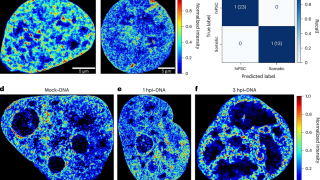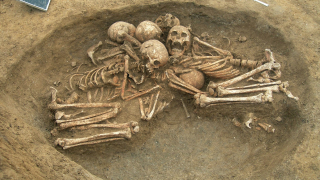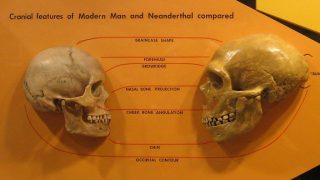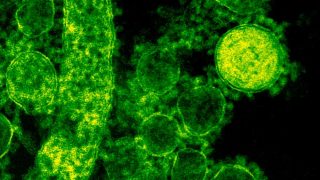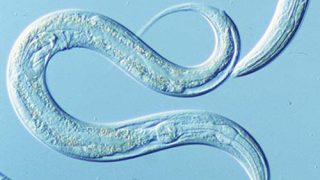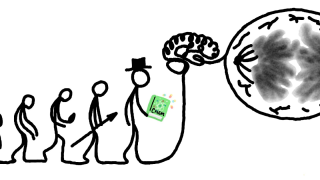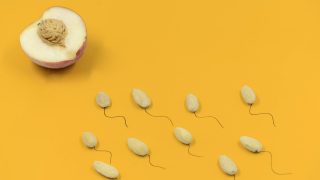
Iberian lynx’s potential secret weapon against extinction
Many large mammals have lost genetic diversity, often thanks to the actions of people shrinking their populations. The implications can be severe because without genetic diversity, a population does not have a “genetic database” to fall back on to adapt to environmental change. The Iberian lynx (Lynx pardinus) is no stranger to this reduction in […]
